Chechen Republic's Akhmat special forces were ordered to leave Rostov province in southern Russia and return to combat positions after Wagner forces withdrew.
"After being temporarily deployed to the city of Rostov-on-Don and Rostov region to counter the armed rebellion, Akhmat soldiers are returning to the combat zone of the special military operation," Apty Alaudinov, commander of the Akhmat special forces of the Chechen Republic of Russia, said on June 25.
A day earlier, Chechen special forces Akhmat were ordered to move to Rostov province to deal with the situation after the Wagner private military group rebelled and took control of the headquarters of Russia's Southern Military District in the city of Rostov-on-Don. Chechen leader Ramzan Kadyrov said Akhmat special forces were sent to Rostov "to take control of the situation if necessary".
However, Alaudinov said that the Akhmat special forces did not withdraw all their forces from the battlefield in Ukraine, but only mobilized the newly replaced units. "Currently, Akhmat units are gradually returning to the combat zone to continue the operation in Maryinka," he said, referring to the city in Donetsk province in eastern Ukraine.
Mr Kadyrov described Chechen units as having marched quickly to the city of Rostov-on-Don ready for duty, but the crisis ended without a direct confrontation between Akhmat and Wagner.
The Chechen Republic's Akhmat special forces unit has long been known as a force loyal to President Vladimir Putin. This force has also repeatedly clashed with Wagner over the war in Ukraine.
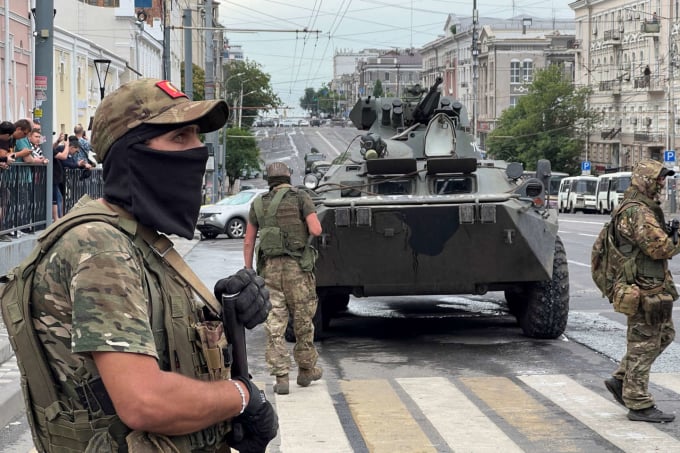
Wagner soldiers and armored vehicles in Rostov-on-Don on June 24. Photo: AFP
Voronezh Governor Alexander Gusev also announced today that Wagner forces are close to completing their withdrawal from the region. "The withdrawal is proceeding smoothly and without any incidents," Gusev said, adding that travel restrictions will be lifted.
Voronezh region will assess the damage and pledge to compensate families affected by Wagner’s rebellion. Mr Gusev also thanked local residents for their “resilience and reason” on June 24.
Wagner boss Yevgeny Prigozhin accused Defense Minister Shoigu of traveling to Rostov and directing the June 23 missile attack on the Wagner camp in Ukraine, which killed many of the group's gunmen. The Russian Defense Ministry denied the accusation.
Prigozhin then gathered manpower and weapons, organized a "march for justice" into Russian territory with demands that the military leadership be held responsible for the attack.
In less than 24 hours, Wagner troops from the Donbass region entered Rostov province, taking control of military facilities in the cities of Rostov-on-Don and Voronezh.
When Wagner units moved to about 200 km from Moscow, Prigozhin suddenly announced a withdrawal to avoid bloodshed according to the agreement agreed with the President of Belarus. After Prigozhin's announcement, Wagner forces began to withdraw to their barracks.
The Kremlin later confirmed that Wagner would leave Russia for Belarus and would not be prosecuted. However, observers said this would also be the end of Prigozhin's political ambitions.
Thanh Danh (According to TASS, AFP )
Source link


![[Photo] Solemn opening of the 8th Congress of the Central Public Security Party Committee, term 2025-2030](https://vphoto.vietnam.vn/thumb/1200x675/vietnam/resource/IMAGE/2025/10/4/f3b00fb779f44979809441a4dac5c7df)



![[Photo] General Secretary To Lam attends the 8th Congress of the Central Public Security Party Committee](https://vphoto.vietnam.vn/thumb/1200x675/vietnam/resource/IMAGE/2025/10/4/79fadf490f674dc483794f2d955f6045)
![[Photo] Bustling Mid-Autumn Festival at the Museum of Ethnology](https://vphoto.vietnam.vn/thumb/1200x675/vietnam/resource/IMAGE/2025/10/4/da8d5927734d4ca58e3eced14bc435a3)


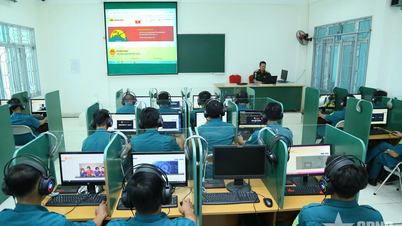
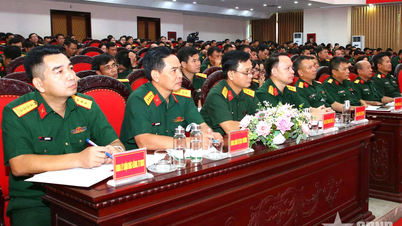
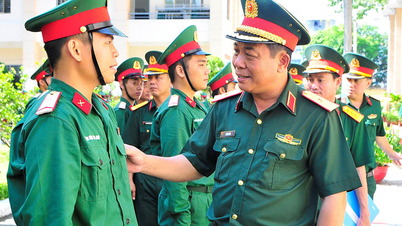
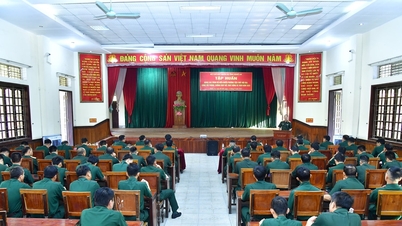

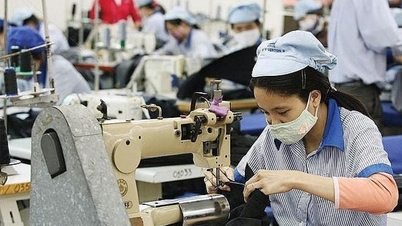


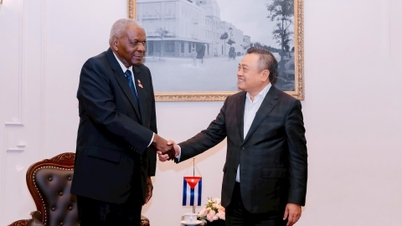
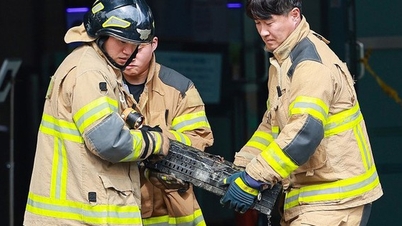

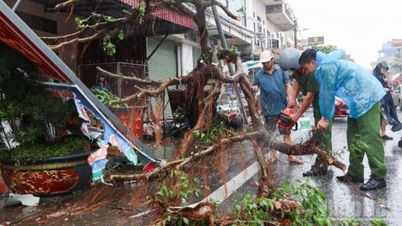






































![[VIDEO] Summary of Petrovietnam's 50th Anniversary Ceremony](https://vphoto.vietnam.vn/thumb/402x226/vietnam/resource/IMAGE/2025/10/4/abe133bdb8114793a16d4fe3e5bd0f12)
![[VIDEO] GENERAL SECRETARY TO LAM AWARDS PETROVIETNAM 8 GOLDEN WORDS: "PIONEER - EXCELLENT - SUSTAINABLE - GLOBAL"](https://vphoto.vietnam.vn/thumb/402x226/vietnam/resource/IMAGE/2025/7/23/c2fdb48863e846cfa9fb8e6ea9cf44e7)
















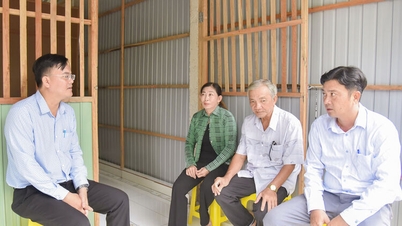

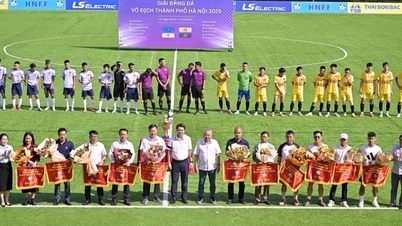




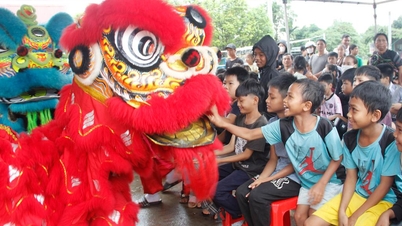
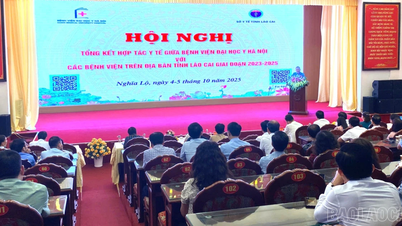





Comment (0)